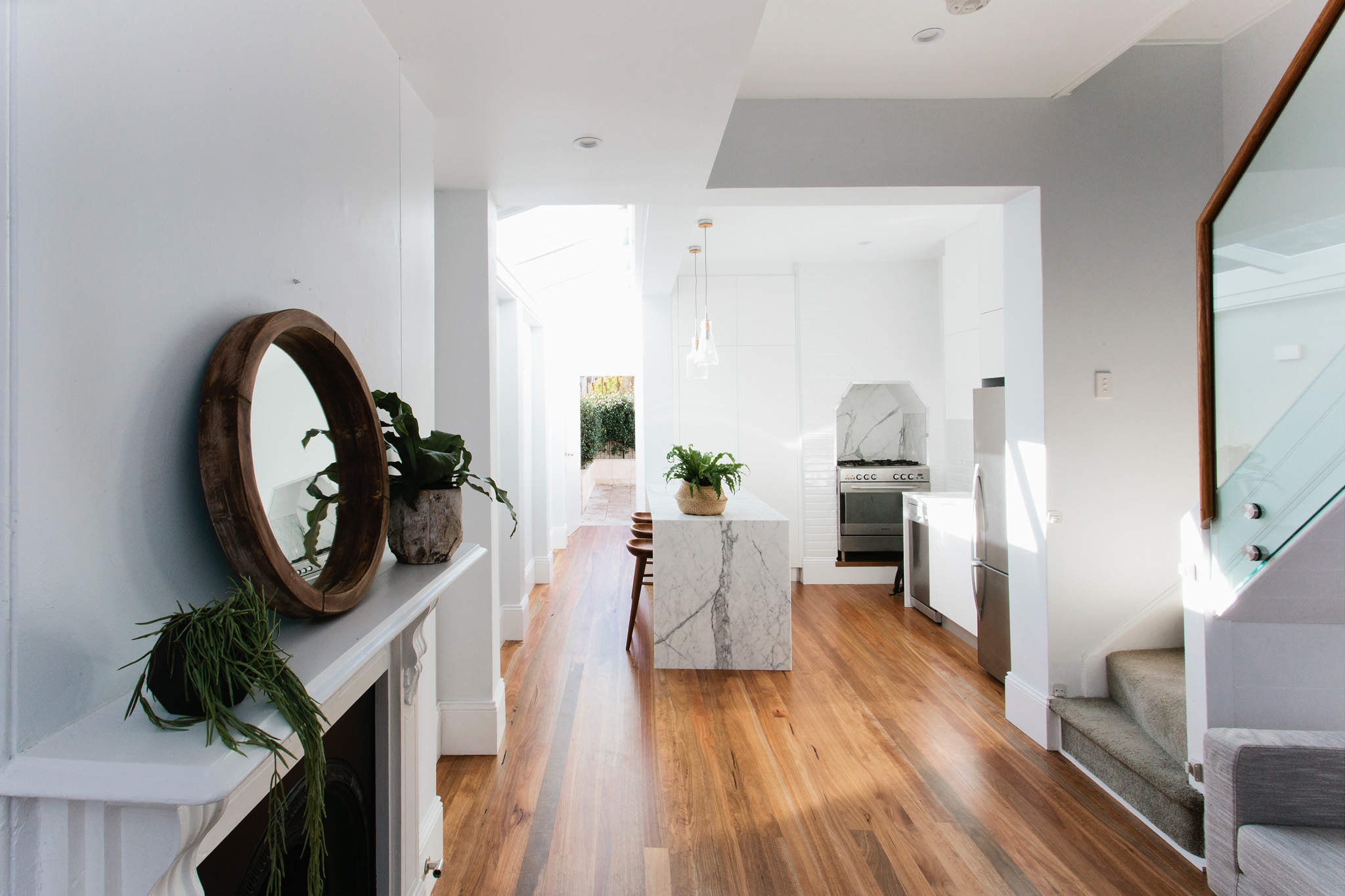Building your dream home is always going to be a daunting prospect. Between the design and construction, there’s plenty to think about and even more to do!
That’s where we come in. The team at P.Built has decades of experience in the construction industry and can spot a potential problem from a mile away. We’re constantly working with clients to make sure they understand the full residential building process. With this in mind, here are five things to consider before committing to a build:
- The Design
While it may be tempting to head straight to the architecture studio, meeting with a builder first will make the entire construction process easier. They’ll be able to provide cost estimates, refer you to a suitable architect and advise you on concepts like intelligent design, building materials and future proofing. Ensuring your architect is clearly communicating and collaborating with your builder is also extremely important – it means that your expectations of planning and budget are controlled and forecasted precisely.
- Building Approval
In NSW, you have two options when it comes to local government approval. The first is a Development Application (DA). Considered the conventional process, it looks at the proposed works with flexibility and creates conditions for approval.The second is a Complying Development Certification (CDC), a fast-tracked process that requires you to meet a list of conditions. Building approvals can be tedious, so having a builder or architect looking after them is worthwhile.
- Quotes
It’s important to be as specific as possible when looking for a quote. A detailed quote will include both big and small ticket items and demonstrate the professionalism of the builder. More detail early on means lessvariation during the build.
- Contracts
The contract acts as a written statement of all the rules a builder will abide by during the build. Don’t be afraid to ask as many questions as necessary during this process – full transparency and understanding will mean fewer problems later down the track. It’s also worth making sure the supplied contracts are of industry standard, supplied by established associations such as HIA or Master Builders.
- Availability
A signed contract doesn’t necessarily mean a definite start. Successful projects are planning three, six or even 12 months in advance, with clients often placed on a construction list once contracts have been signed. Any builder that can start immediately should raise alarm – projects should have a solid planning foundation so rushing into things could lead to indecision, errors and disappointment.
